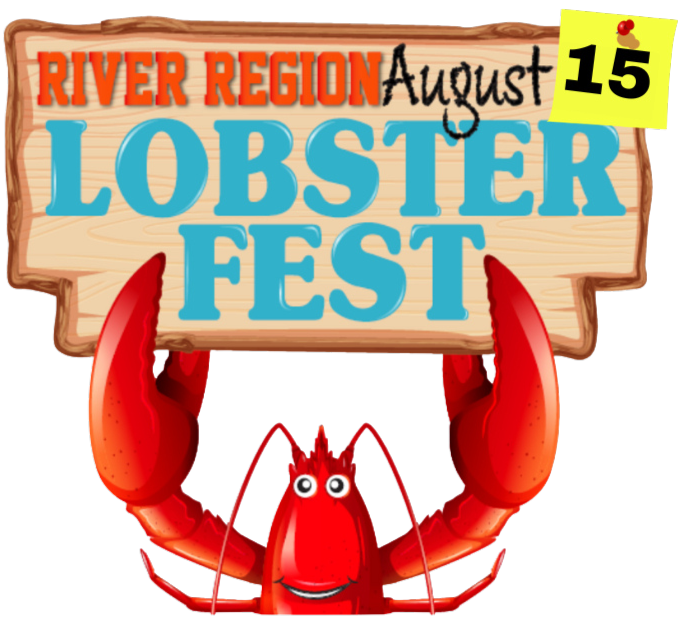From The Rector…
I can’t find chicken wings. They aren’t at Publix or Costco or Sam’s or Winn Dixie. A couple of months ago my mother complained that there was a national shortage of wings. She couldn’t get them at KFC in Selma. Now she can’t get chicken gizzards—I asked who would want to get chicken gizzards? Gross. Apparently, she wasn’t wrong though—the meat guy at Publix confirmed there was indeed a national chicken shortage.
We’ve all heard of the supply chain issues for a variety of different products. And I am not discounting that there are some shortages. The inability to purchase chicken wings is a bit inconvenient for sure. However, it doesn’t mean Steve or I will go hungry—there is plenty of other food on the shelves. I might not be able to make Asian Chicken Wings, but I can make salmon or turkey or *gasp* a vegetarian dish! The shortages in the food supply chain are not detrimental—they are only inconvenient. And though it is not a huge deal, how quickly we are to take the leap and buy into the fear and belief of scarcity.
As a child of the 80’s, I was taught that abundance was tied to consumption. Advertising, MTV, movies, magazines all distributed a message of “more”. Enough was never enough—it was always about getting more regardless of need. I am sure there are a number of explanations for this belief system in part due to deregulation of advertising toward children that happened in the 80’s. Yet, it is not fair to blame television advertising campaigns or even commercialism. At the heart of our desire to consume more and more, is a sinful nature of separation from God and the abundant life God desires for each of us.
Abundance is more than just having enough material items. It is a trust that in God, there is enough. And here is where it gets tricky. We know there are those who don’t have enough—even though there is more than enough to go around. The challenge is that deeply embedded in the systems of society is a fear-seeded belief that control is necessary and the easiest way to control the whole is to control the particular. A perfect example of this is the empty shelves of bread and milk whenever the threat of bad weather is predicted. If the weatherman says its going to snow, the first thing we do is run to the store to buy milk and bread.
At the start of the pandemic we faced a toilet paper shortage—same principal. As soon as we faced the possibility of chaos, we found something to control. The over-consumption, or at least purchase, of toilet paper afforded us a sense of security if we had enough and kept us distracted from our true need. The irony of this is that not only does our need to consume feed our broken sense of what it means to have enough, it also begins to separate us from one another. We imagine ourselves in competition with everyone else rushing to Sam’s to purchase toilet paper. Our inability to trust in our needs being met or the use of restraint as a virtue, allows our vice of over-consumption and fear of scarcity override our better judgment. It is not without cause that stores necessitated a need to limit our purchase of certain products.
For too long, we have allowed the structures of capitalism and consumer behavior to direct us. As Christian’s we have the opportunity to witness to our faith and renew our belief in Christ by rejecting the false notions of the world and embracing the truth that a theology of abundance is a path toward healing. The truth is, there is more than enough even if it is not chicken. I am not going to starve anytime soon. But if I continue to treat my soul like my belly—I may well find there is never enough.
Light and Life,
Candice+

